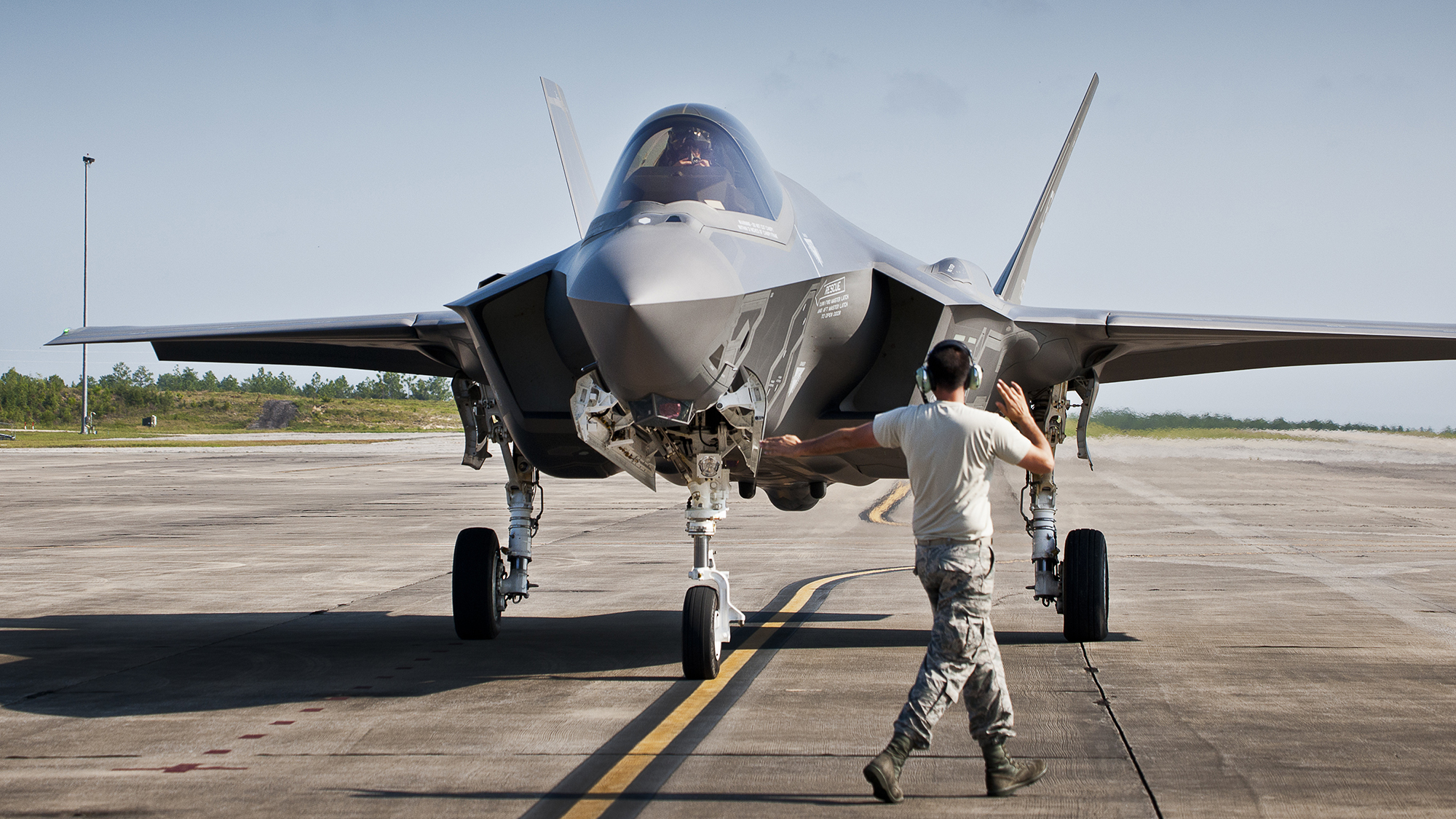The evolution of U.S. policy toward NATO has led the Portuguese Ministry of Defense to reassess its combat aircraft acquisition strategy. This resulted in the abandonment of Lockheed Martin’s fifth-generation F-35 Lightning II stealth fighter. Defense Minister Nuno Melo confirmed this decision in an interview with the Portuguese daily Público. This Decision reflects growing concerns about the reliability of U.S. commitments to European allies.

Donald Trump’s election and controversial statements on NATO, including threats to reduce U.S. funding for the alliance and criticism of European partners’ financial contributions, have raised doubts among member states. Trump has also suggested that the United States may no longer ensure Europe’s security with the same level of commitment as in the past. As a result, several European nations, including Portugal, are reassessing their procurement strategies for U.S. military equipment to maintain greater defense autonomy.
The F-35 had initially been identified as the ideal replacement for Portugal’s aging F-16 fleet, a transition that seemed logical given its adoption by several NATO members, including the United Kingdom, the Netherlands, Belgium, Denmark, Norway, Finland, Poland, and Germany. In April 2024, the Chief of Staff of the Portuguese Air Force, General João Cartaxo Alves, stated that the transition to the F-35A was already underway. However, increasing geopolitical uncertainty and potential U.S. restrictions on foreign-operated F-35s have made this acquisition less viable.
Beyond diplomatic concerns, the F-35’s high cost remains a significant obstacle. Each aircraft costs approximately $82 million, while operational costs reach $33,000 per flight hour. Maintenance expenses are four times higher than those of the F-16 currently in service. Additionally, Washington could impose operational restrictions on exported aircraft, particularly by controlling access to software updates and critical maintenance components. These potential restrictions, referred to by some as a “kill switch,” raise concerns about Portugal’s autonomy in operating these fighters.
Given these uncertainties, Lisbon is now exploring alternative solutions, particularly within Europe. While Defense Minister Nuno Melo declined to comment on a potential acquisition of the Dassault Rafale, it remains one of the leading contenders. The Eurofighter Typhoon and Saab Gripen E/F are also under consideration, offering options that are less dependent on U.S. constraints. Additionally, the Turkish-made KAAN stealth fighter, currently under development by Turkish Aerospace Industries (TAI), could become a viable choice in the long term.
